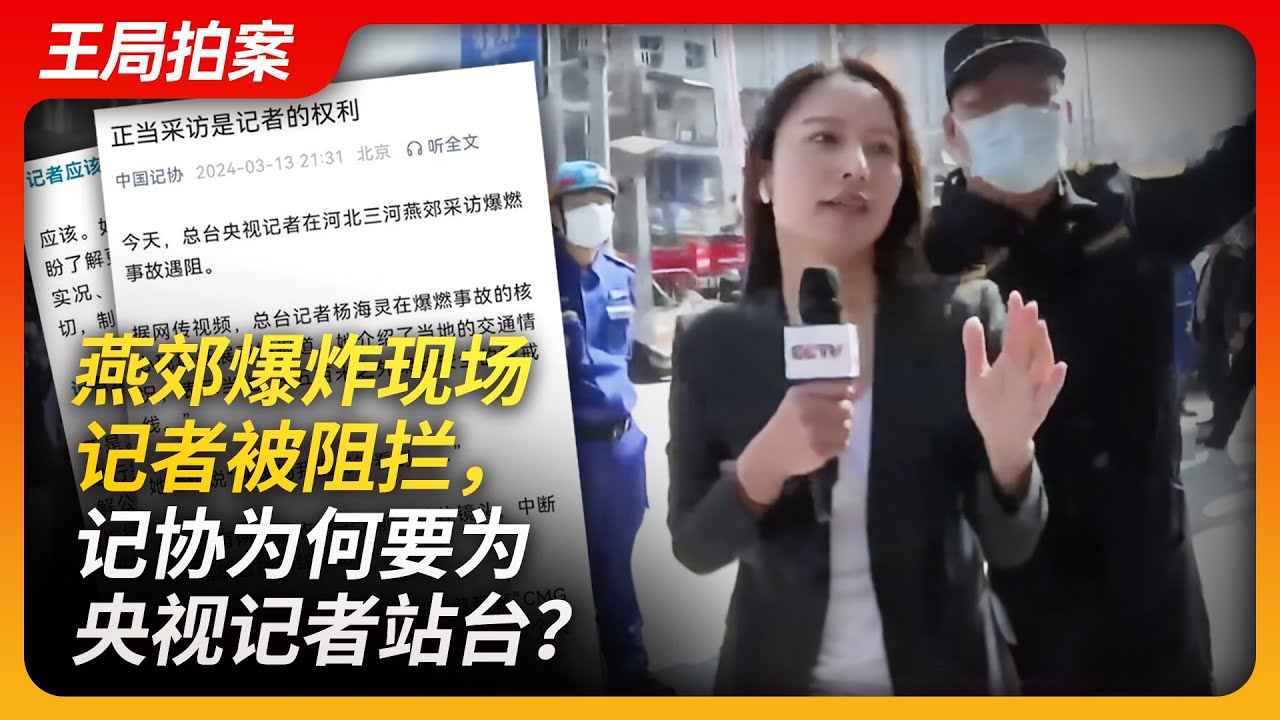重庆燃气风波,这背后的科技与狠活到底是什么?|重庆燃气|燃气费|换燃气表|成都燃气|华润|中石油|中石化|民生行业定价|王局拍案20240424
Summary
TLDR重庆市的天然气收费问题引起了广泛关注,居民的燃气费在新换装的智能燃气表后大幅上涨。疑虑集中在燃气公司的操作上,包括可能的气体混合和不合理计量。重庆燃气集团及其他企业出现问题,包括错估、计费混乱、员工短缺和内部管理不善。市政府已经采取行动,调查燃气企业的不当行为。专家推测,燃气公司的财务压力和价格机制的复杂性可能导致这些问题。天然气行业的价格体制扭曲导致基础设施安全问题,最终影响消费者权益。
Takeaways
- 😮 重庆的居民发现天然气账单急剧增加,怀疑是因为新安装的智能表计问题。
- 🔍 很多网民注意到,即使生活方式未变,与去年同期相比,天然气费用翻了一倍以上。
- 📈 重庆天然气公司最近一季度的利润激增800%,年利润比去年增长了11倍。
- 🕵️♂️ 有网民发现,重庆天然气是上市公司,其财务报表显示显著的收益和利润增加。
- 👨💼 重庆市政府成立了特别工作组进入重庆天然气公司进行为期三年的回溯调查,调查发现多项收费问题。
- 🏠 调查显示,存在错误估算和计费周期混乱等问题,但智能表计本身未发现问题。
- 💡 讨论了天然气表计可能因为管道中的天然气浓度和压力变化而导致读数不准确的技术问题。
- 🔬 一种观点是天然气可能被掺假,例如混入空气或甲醇,这降低了天然气的热值,增加了用户的消耗量。
- 🔥 网民反映,掺假后的天然气燃烧时火焰由原本的天蓝色变为黄色,显示出热值低和有杂质。
- 🇨🇳 讨论了中国的天然气价格控制政策,以及这些政策如何影响天然气公司的经营和盈利能力。
Q & A
重庆天然气收费增加的主要原因是什么?
-重庆天然气费用增加主要是由于市民怀疑新安装的智能表计计量不准确,以及疑似天然气中被掺杂了其他物质导致热值降低。此外,还有观点认为天然气公司可能在管道压力和浓度上作弊,以增加收费。
智能表计与传统表计有什么不同?
-智能表计可以远程读取数据,无需抄表员进入住户家中。这种技术使得表计可以更方便地收集使用数据,但也引发了市民对于计量准确性和可能的远程操控的担忧。
为什么天然气公司愿意免费更换表计?
-虽然更换表计有一定成本,但从长远来看,通过智能表计能更有效地管理和计费,可能会增加公司的收入。此外,市民怀疑这是公司通过更换表计以掩盖收费增加的真实原因。
市民如何反应对于天然气费用的增长?
-许多市民通过社交媒体展示他们的天然气账单来表达不满,指出账单在表计更换后显著上涨,有的甚至增加了四倍。这引发了广泛的关注和讨论。
重庆天然气公司的利润怎样变化,市民怎么看?
-重庆天然气公司在过去一年中利润大幅增加,有数据显示,利润增长了800%。市民对此表示怀疑,认为这与天然气费用的异常增加有关。
重庆市政府如何应对天然气费用争议?
-重庆市政府成立了一个特别工作组进行了为期三年的回顾性调查,揭示了包括过高收费、计费周期混乱等问题。调查结果导致了天然气公司高层的人事变动。
调查发现了哪些具体问题?
-调查发现天然气集团存在不正当估计、计费周期混乱、定价政策执行不完全、表计更换操作无序以及内部监督管理不足等问题。
智能表计的质量和读数是否存在问题?
-目前的调查验证中,并未发现关于智能表计的质量和读数问题,也没有发现通过远程操控改变读数的情况。
有关天然气价格的控制和监管情况如何?
-中国的天然气价格由国家发改委管控,由于涉及民生,价格不能随意调整。但由于市场价格波动,这一价格管控策略可能导致天然气公司面临财务压力。
市民如何可以自保或检查他们的天然气表计是否准确?
-市民可以通过
Outlines

此内容仅限付费用户访问。 请升级后访问。
立即升级Mindmap

此内容仅限付费用户访问。 请升级后访问。
立即升级Keywords

此内容仅限付费用户访问。 请升级后访问。
立即升级Highlights

此内容仅限付费用户访问。 请升级后访问。
立即升级Transcripts

此内容仅限付费用户访问。 请升级后访问。
立即升级5.0 / 5 (0 votes)





